OUR TEAM
Meet the team at Reusefully

Katherine Adams
Co-Founder and Director
Dr Katherine Adams has over 25 years’ experience in sustainability, mostly in the built environment. She set up Reusefully in 2021. She has a PhD from Loughborough University, looking at how a circular economy can be embedded in the building sector and prior to that she led resource efficiency at BRE. Katherine is considered to be an expert in the area of construction resource efficiency and circularity, having been instrumental in shaping practice and policy. She works with all parts of the supply chain and Government on topics such as embodied carbon, waste management, circular economy, measurement and reporting. She has been involved in a number of European projects, including BAMB (Building as Material Banks) and CIRCUIT. She supports the Alliance for Sustainable Buildings Products (ASBP) as the Technical Director. She is also working with Defra, DESNZ, DBT and the Green Construction Board Circular Economy, Resources and Waste Group on ‘zero avoidable waste’ in the construction sector. She sits on many groups and committees including European Standardisation to progress circularity in the built environment.

Gilli Hobbs
Director
Gilli Hobbs is based in France and the UK and has provided technical and expert input to sustainability related projects in the built environment for 30 years. She was a director in the strategic advisory team at BRE until 2021, working across low carbon buildings and building products, circular & lean construction, renewable energy technologies and sustainable communities. Gilli is experienced in the delivery of complex and multi-disciplinary programmes of work, such as Home of 2030, EU BAMB (Buildings as Material Banks), and EC studies on Circular Economy Principles & Measuring Circularity; alongside targeted technical input, such as Circular Economy implementation at the Meridian Water regeneration project in Enfield. She co-developed the widely used environmental reporting software SMARTWaste and has created bespoke sustainability standards internationally. She is currently Chair of B558/1 Circular Economy in Construction and project lead for the European Task Group considering standards for pre-demolition & pre-redevelopment audits and evaluation.
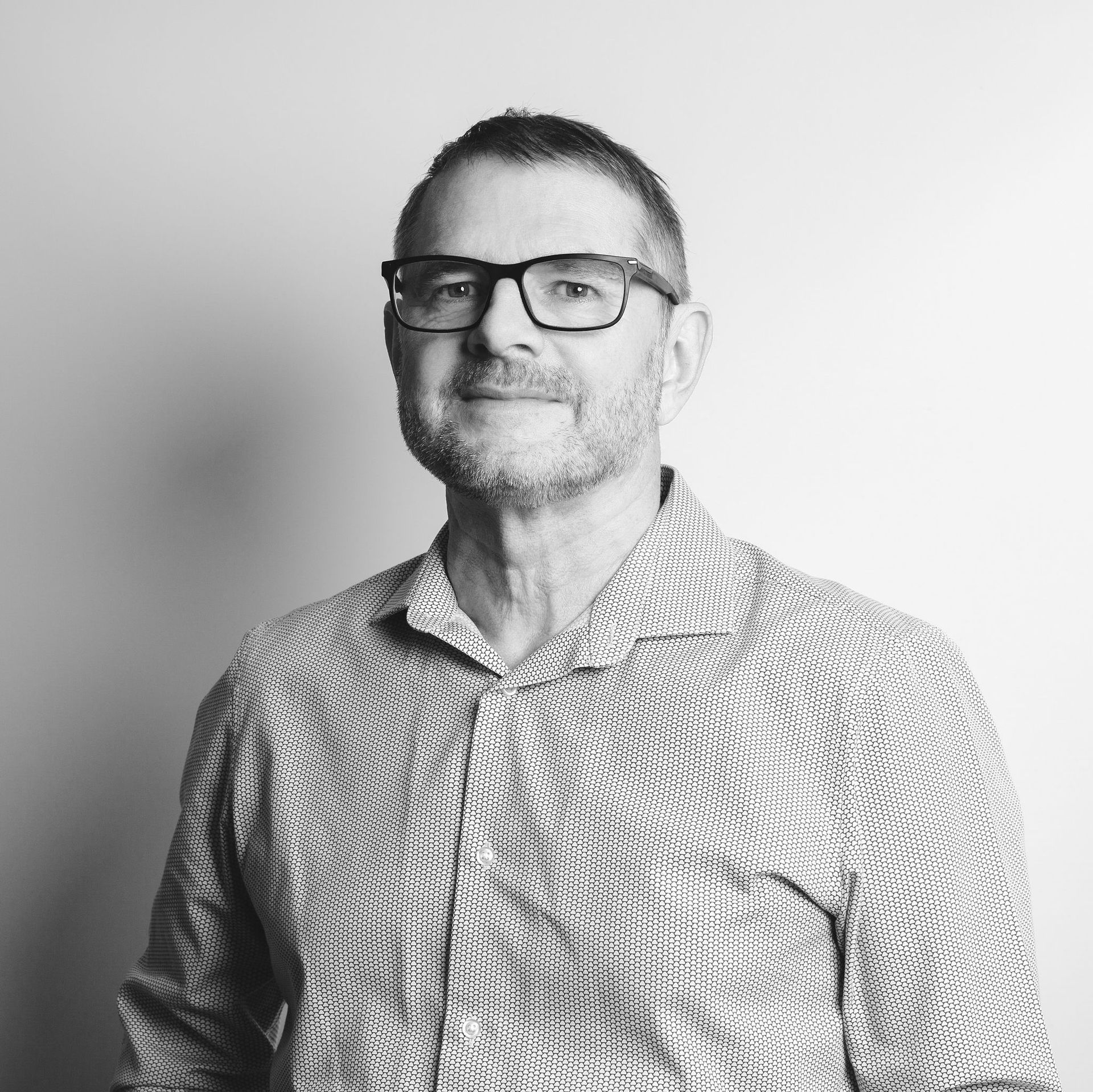
Simon Guy
Director
Simon Guy is an experienced project manager with over 20 years of experience in the built environment, managing and delivering projects to meet external and internal client requirements. Simon has significant experience managing stakeholder relationships and multidisciplinary teams from both the private and public sectors. This included the management of Government communications for the Home of 2030 design competition and numerous projects covering sustainable construction and housing. One of Simon’s particular strengths is collaborative working and corralling technical delivery with dissemination, ranging from the creation of strategic objectives through delivery, execution and impact assessment.
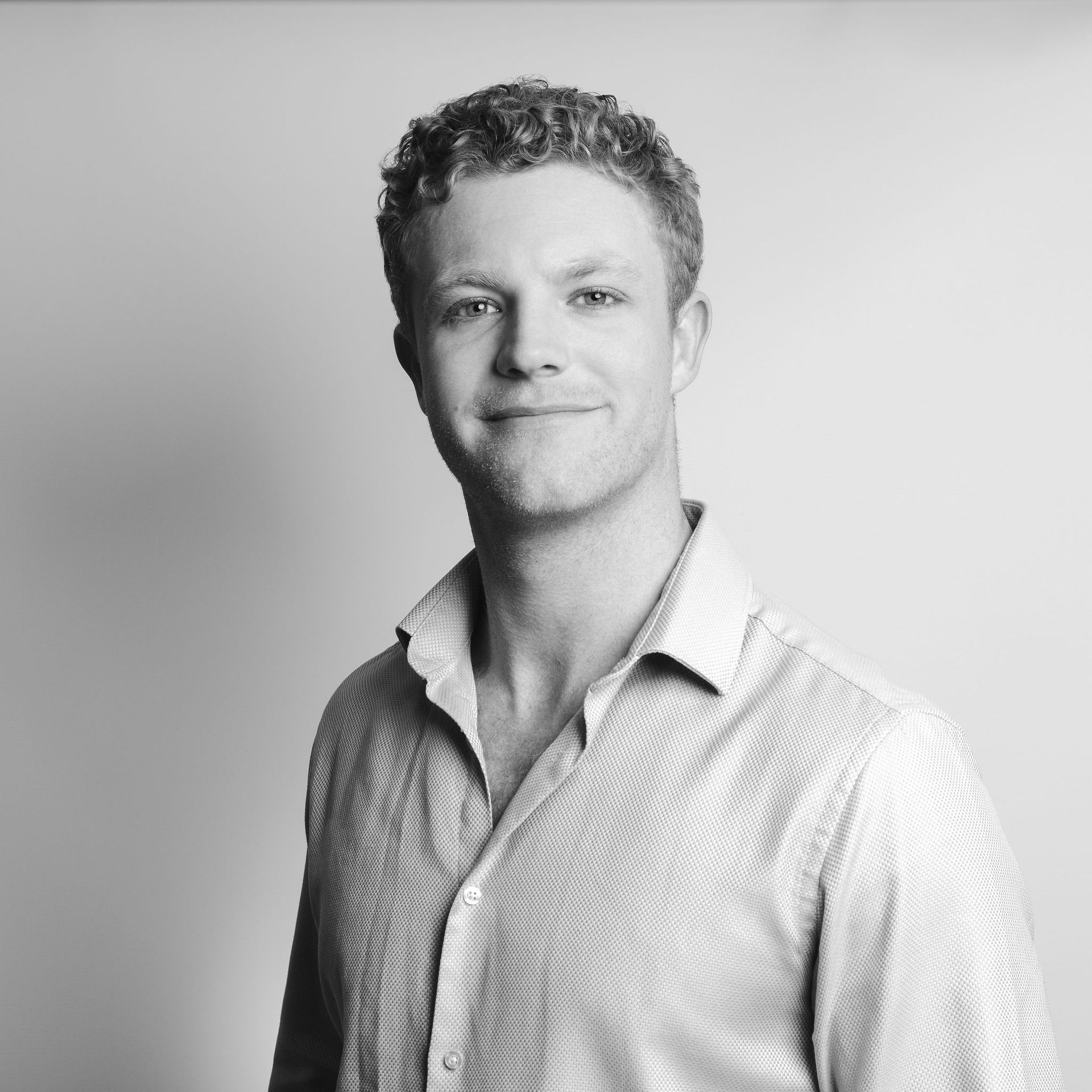
Ben Cartwright
Principal Consultant
Ben Cartwright works at the intersection of circular economy, data, and practical implementation in the built environment. He supports contractors, developers, architects, local authorities, and supply-chain partners to embed circular practices, drawing on experience from hundreds of pre-demolition, pre-refurbishment, and pre-redevelopment audits, as well as work on digital passports, classification systems, and material-tracking workflows. As co-founder and director of Urban Miners – a reuse logistics and material recovery business – Ben has direct insight into the day-to-day realities of sourcing, moving, and rehoming reclaimed construction products. By contributing to industry working groups and initiatives on topics such as insurance and warranties, logistics, storage, and circular business models, Ben also shapes the wider enablers of reuse to help scale circularity. He sits on the CEN/TC 350 task group developing European standards for circularity in digital product passports, and has supported integration of circular economy into the BREEAM assessment framework. His earlier work includes research under the EU Horizon 2020 CIRCuIT project and the Innovate UK-funded PreaDeM programme.
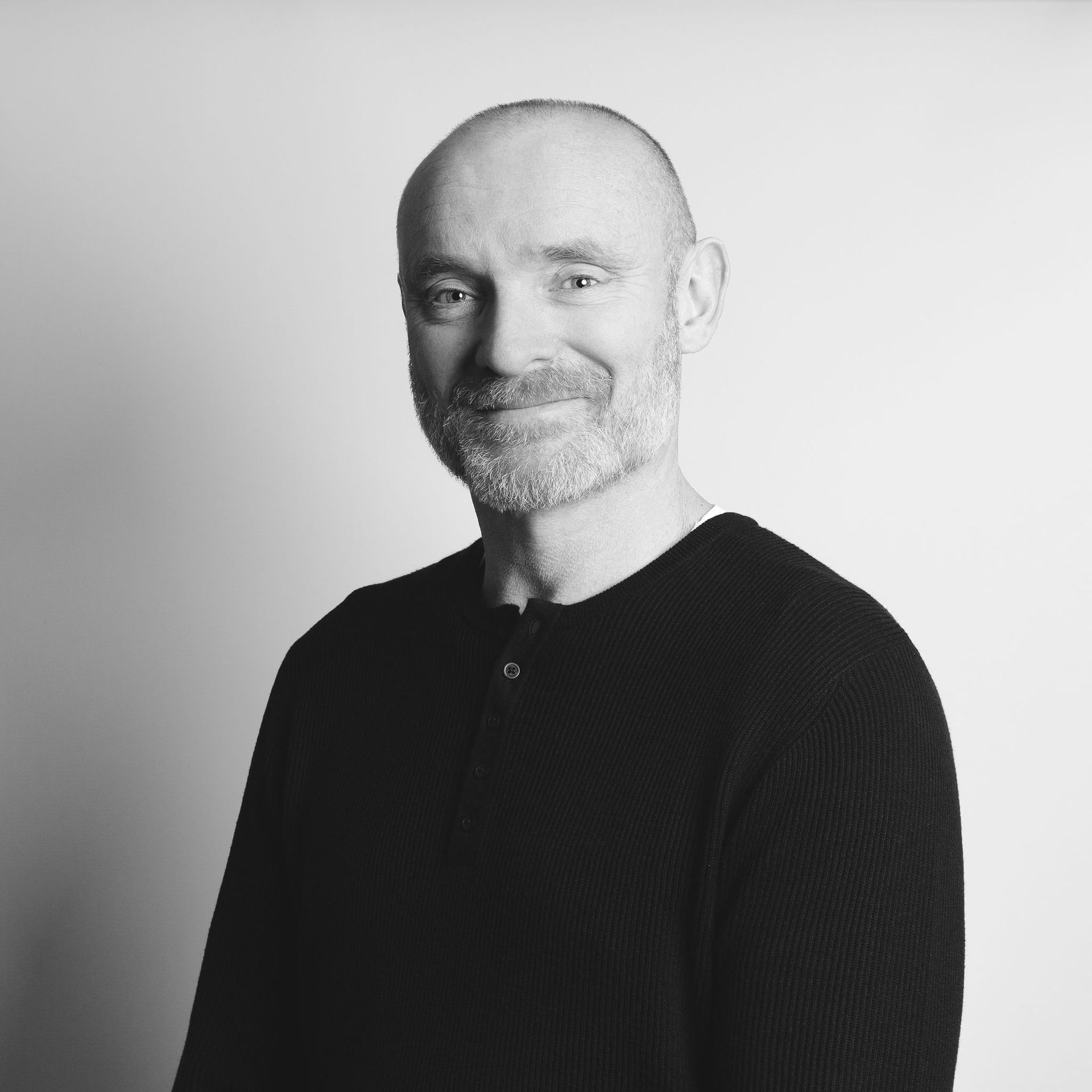
Graham Adams
Operations Manager
Graham has held various management and leadership positions, with considerable experience of start-up organisations as well as governmental bodies. Graham’s strengths lie in his operational management and administrative skills and his ability to adapt to evolving and demanding circumstances. Having spent most of his career working overseas in Asia, Africa and the Gulf, Graham brings a unique international perspective along with a diverse skillset. With an MSc in Risk, Crisis and Disaster Management from Leicester University, Graham has a special interest in organisational approaches to risk including risk communication, risk perception, isomorphic learning and, more recently, environmental risk management.

Danny Hobbs-Awoyemi
Consultant
Danny Hobbs-Awoyemi brings a distinctive mix of discipline, strategy, and innovation shaped by his background in elite sport, business operations, and sustainability. A former professional rugby player with Northampton Saints and London Irish, Danny developed strong skills in teamwork, performance analysis, and strategic thinking. After his sporting career, he transitioned into logistics management, where he transformed administrative and sales processes to improve efficiency and client engagement. At Reusefully, Danny has led numerous pre-demolition (deconstruction) and pre-refurbishment audits, applying his analytical approach to maximise material recovery and reuse. As the company’s 3D scanning expert, he has enhanced our data capture and visualisation capabilities to better identify reuse opportunities. Danny also founded a reuse-focused start-up tackling logistical barriers to circular practices, deepening his hands-on understanding of how to make reuse work in practice.
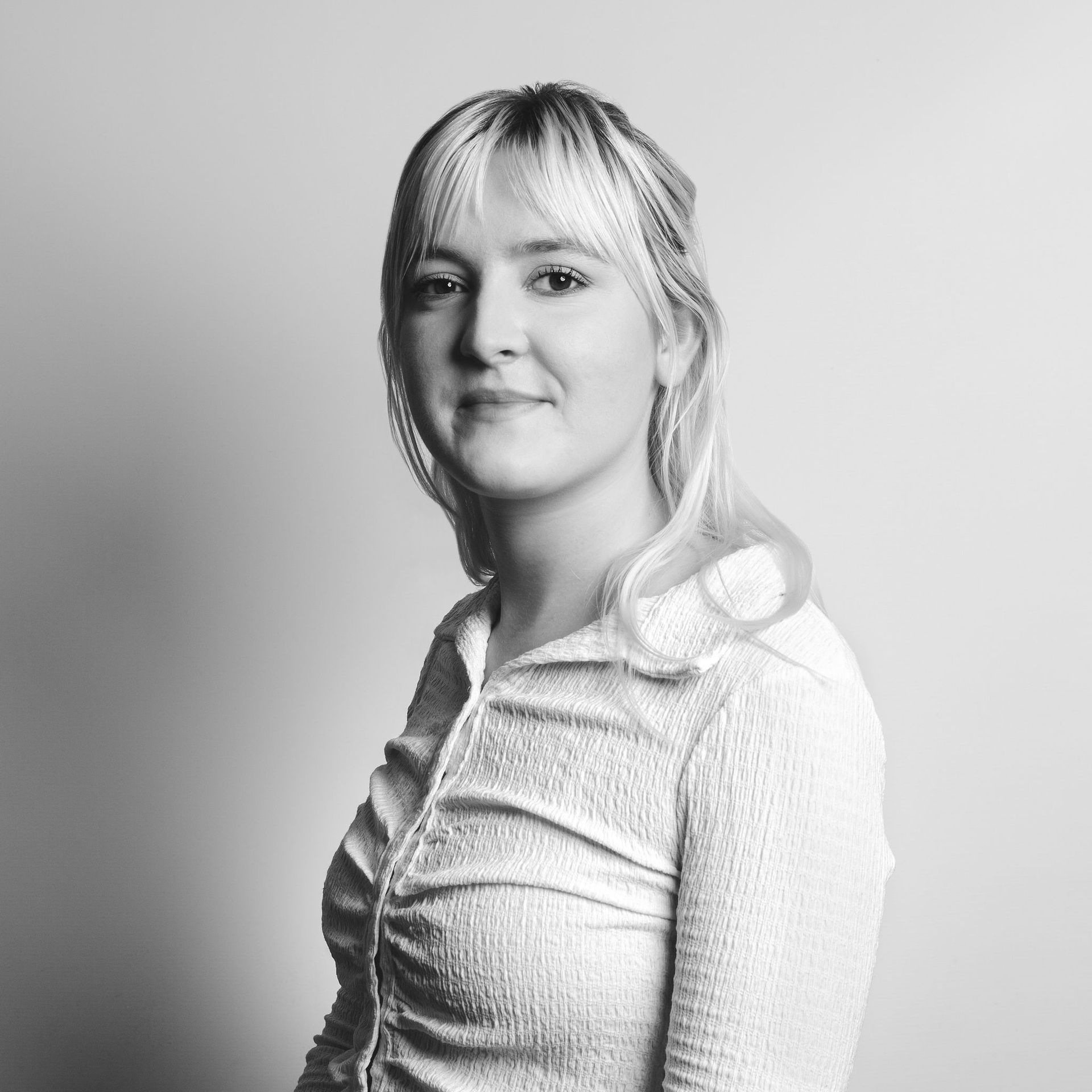
Zoe Culverhouse
Consultant
Zoe Culverhouse is a consultant at Reusefully. She is a graduate from the University of Birmingham with a degree in Design for Future Living and is passionate about enabling circularity within design. Zoe has a wide range of skills and experience including undertaking site visits, compiling material inventories, practical circular economy implementation and more. She has worked on, and taken the lead, in numerous projects since joining Reusefully including pre-demolition audits, pre-refurbishment audits and pre-redevelopment audits. She has worked closely with multiple project teams to facilitate reuse and mitigate the effects of demolition and refurbishment throughout numerous project phases. As part of the Reusefully team, Zoe is focusing on building long term partnerships with clients to track the progress of projects, facilitate reuse, and advise on sustainability and circular processes.

Theo Simondetti
Consultant
Theo Simondetti is a consultant at Reusefully. Graduating from the University of British Columbia, Theo is passionate about advancing sustainable practices in the built environment, with a particular focus on material reuse. Theo brings hands-on experience from various fabrication roles, where he prioritised the use of sustainably sourced and reclaimed materials in the production of furniture and the renovation of marine vessels. He has experience undertaking pre-deconstruction audits, compiling reuse trackers, material matchmaking and more. He is now seeking to further expand and apply his knowledge of circular economy strategies to help drive innovation and sustainability in the built environment.
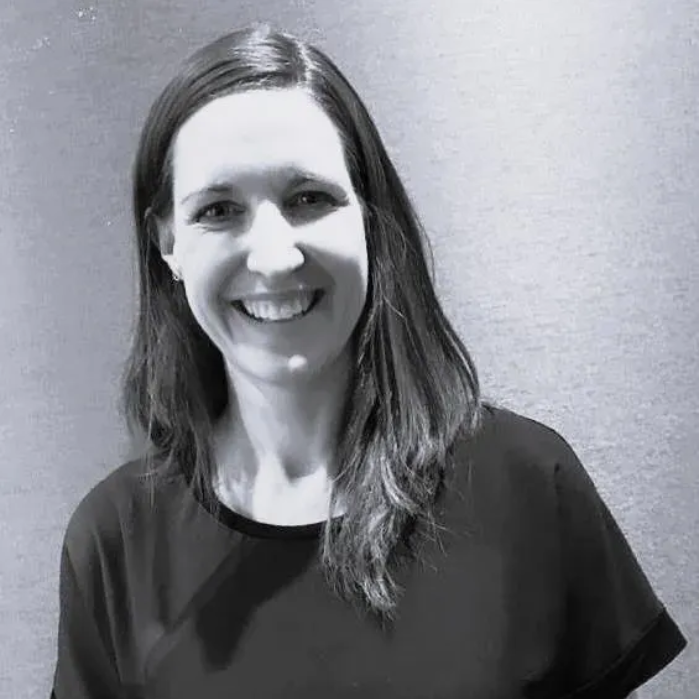
Natalie Ibbott
Senior Consultant
Natalie Ibbott has worked in waste management and circular economy for over 20 years. She specialises in project management, research and partnerships. In her earlier career, Natalie worked in local government, including as part of a multi award-winning waste prevention and education team in East Sussex, as well as in waste collection and landfill management. Since 2017 Natalie has worked as a private sector circular economy consultant. She has managed and been involved with numerous high-profile projects for ReLondon, SUEZ, Canary Wharf Group, Defra, The Arts Council England, LARAC, multiple local authorities and commercial clients. She has also worked on several EU-funded projects. Alongside her role at Reusefully, Natalie works with the reuse not-for-profit, Freegle where she has served as Project Manager for the charity’s Councils & Partnerships programme for the past seven years. Since 2018 she has also been an active volunteer Leader for Circular Economy Club, organising networking events in London and the 3 Counties region.

Howard Button
Associate and Special Adviser on Demolition and Deconstruction
Howard Button is a well-known and highly respected figure in the global demolition industry. A second-generation demolition man with some 30 years on-site experience and 20+ years management under his belt, Howard has dedicated his entire working life to promoting a greater public awareness of the demolition sector, and improving the working conditions and safety of everyone associated with his beloved business sector. Howard’s dedication has earned him a well-deserved position among the industry’s elite. He has held senior roles with all of the major demolition trade organisations including President of the National Federation of Demolition Contractors, President of the Institute of Demolition Engineers and President of the European Demolition Association. He is a Fellow of the Chartered institute of Waste Management. “I look forward to continuing my longstanding
campaign for the rightful recognition of the demolition industry’s commitment to reducing waste and promoting reuse and recycling of demolition resources across the whole industry” he says.
Selected Circular Economy Publications Produced by the Team
Academic Publications:
Adams, K.T., Phillips, P.S. and Morris, J.R. (1999), A Radical New Development for Sustainable Waste Management. Resources, Conservation and Recycling.
Adams, K.T., Phillips, P.S. and McClatchey, J. (2000), The Impact of Best Value on the Management of Municipal Solid Waste. Institute of Wastes Management Scientific and Technical Review.
Phillips, P.S., Adams, K.T., Read, A.D. and Green, A. (2000), The UK Draft Waste Policy and Waste Minimisation: Regional Trends in Waste Minimisation Strategies.
Morris, J.R., Adams, K.T., Phillips, P.S., Sinclair, J. and Read A.D. (2000), The Landfill Tax and the Environmental Body of Landfill Tax Credit Scheme in East Anglia. Environmental and Waste Management.
Adams, K.T., (2008), Briefing: Waste Strategy for England and the Construction Sector. Institution of Civil Engineers - Waste and Resource Management.
Hobbs G., Adams K. & Blackwell M., (2011), Understanding and Predicting Construction Waste. Proceedings of the ICE – Waste and Resource Management.
Adams K.T, Osmani M, Thorpe T, Thornback J (2017) Circular Economy in Construction: Current Awareness, Challenges and Enablers. Institution of Civil Engineers - Waste and Resource Management.
Hart, J., Adams, K., Giesekam, J., Tingley, D. D., & Pomponi, F. (2019). Barriers and Drivers in a Circular Economy: the Case of the Built Environment.
BRE Publications:
Material resource efficiency in construction: BRE 2015
Dealing with Difficult Demolition Wastes: A Guide. BRE 2013
Saving money, resources and carbon through SMARTWaste. BRE 2012.
Good Building Guide Part 1 and 2: Construction and Demolition Waste
IP 9/03 Best Practice in Timber Waste Management
